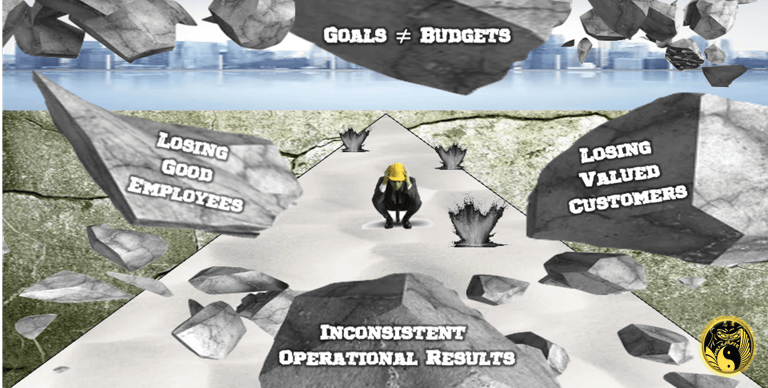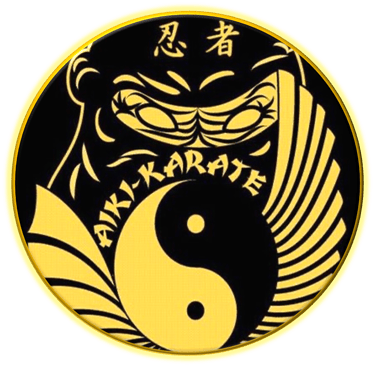



When managers reach a point in their careers where they feel so satisfied with their abilities that they feel no need to improve themselves, they have entered the realm of Manzoku Shita (満足した). Manzoku Shita (i.e., complacency) is dangerous because it can lead to disastrous decision-making. Similarly, if a student obtains the rank of Black Belt and stops practicing the basics, a simple street altercation can become deadly.
There are two types of assaults against a Family and a Business. An assault against a Family is an act that gives a family member reasonable fear of being physically harmed or offensively touched. An assault against a Business is an act that provides an organization with reasonable fear of mitigating the perpetual life of the organization. Perpetual life is when an organization continues to exist without interruption after the founder(s) pass on.
“Atarashī mono o rikai suru tame ni furui mono o manabimashou.” translates from Japanese to English as “Study the old to understand the new.”. There are four basic ways an attacker can physically assault a family member:
1. Straight Strike
2. Overhead Strike
3. Side Strike
4. Lower Strike
Consequently, there are four basic blocks to defend against these strikes:
1. Inward Block
2. Upward Block
3. Outward Block
4. Downward Block
Kaizen (改善) is the Japanese term for “Continuous Improvement”. When Black Belts continuously practice the basic blocks and integrate weapons with these movements, they practice Kaizen.


There are four basic ways a business can be assaulted regardless of the industry:
1. Goals ≠ Budgets
2. Inconsistent Operational Results
3. Losing Customers
4. Losing Good Employees
Consequently, there are four basic planning techniques to defend against these assaults:
1. Financial Techniques
2. Process Techniques
3. Customer Retention Techniques
4. Training and Development Techniques
Kaizen (改善) is the Japanese term for “Continuous Improvement”. When a manager continuously practices the basic planning techniques by integrating their Mission, Vision, Core Values, Standard Operating Procedures (SOPs), and Key Performance Indicators (KPIs) with these strategies, they practice Kaizen.
The Operational Balance Scorecard Course has lessons that describe the importance of always using SMART Goals when planning operations. If you would like to learn how to create Mission and Vision Statements, SMART goals, SOPs, and KPIs in your organization, submit an inquiry by clicking on this inquiry button, and one of our consultants will respond to you within 24 hours:
By: Dr. David Jackson
February 12, 2022
© Copyright 2022 Aiki-Karate: The Martial Art of Management


